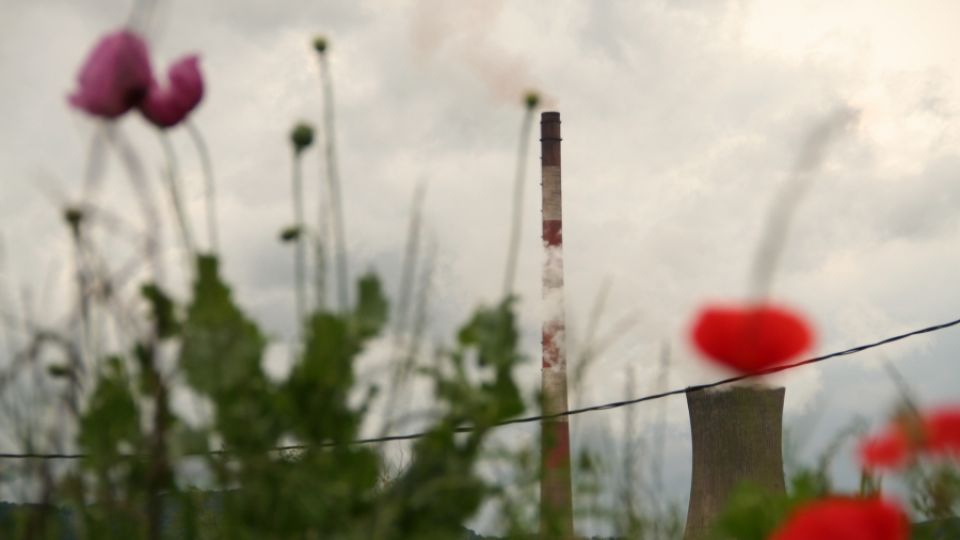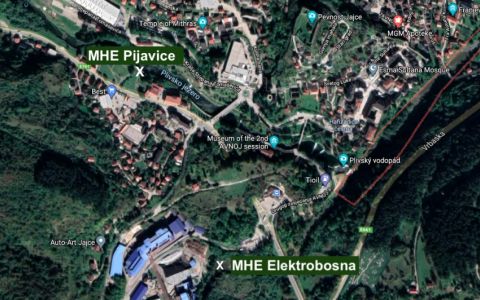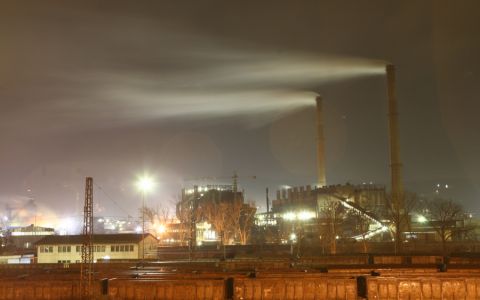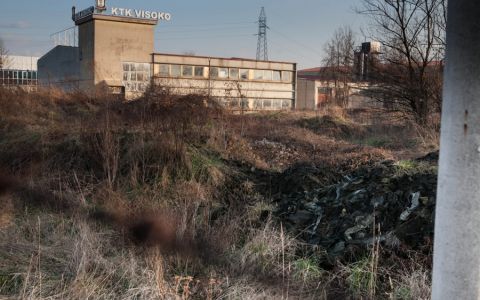The coal reserves in Bosnia and Herzegovina are estimated at around 10 billion tons. They are mainly located in three basins: Tuzla, Central Bosnia and Ugljevik. Area damaged by surface excavation is very destructive for the landscape. In Ugljevik is destroyed 1879 ha by surface excavation (equal to 2804 football stadiums). Coal burned in the thermal power plant is high in sulphur and the emissions of SOx reach unbelievable 20 g/m³ (limit is 2,5 g/m³).
Air pollution
In Republika Srpska the air quality differs from one area to another. Cities with developed transport, industrial zones and power plants such as Banja Luka, Bijeljina, Ugljevik and Gacko obviously have poorer air quality than rural areas. In 2000 the average median yearly concentration of SO2 varied from 8 to 22 g/m³.
With such high concentration, long distance transfer of emissions is a big issue. Half of the emissions of the SO2 produced in Ugljevik pollutes the territory of BiH while the other half is blown to Serbia, Montenegro, Croatia and across the Mediterranean, as far as France according to data collected by the Republika Srpska power utility (EPRS).
Problems with waste disposal
Not only air pollution but the contamination issues are a problem in the area. The plants are not doing their bit regarding the waste management. Some municipalities are not using regional sanitary landfills mainly due to increased costs, landfill fees and transport costs. For example, the Bijeljina regional sanitary landfill was designed to serve local municipalities, however Ugljevik have not transported the waste to the landfill and have deposited the collected waste at illegal dumpsites instead.
Legislation
The competent authority for issuing permits for the operation of TPP states that the devices have to be built and put into operation only if they are designed to prevent pollution and contamination. In the case of TPP it is also necessary to avoid excessive waste creation. If the generation of waste is unavoidable, the TPP must ensure recycling or disposing of the waste and of course avoiding any negative impacts to the environment. Ugljevik TPP is not in accordance with the regulations regarding the operation and waste management.
Moreover the TPP is “choking in its own smoke” which contains huge amounts of SO2. The plant has been poisoning the air in Bosnia and Herzegovina and neighbouring countries for decades. The emissions are now an obstacle for power plant’s operation itself. Burning dirty coal, the power plant produces up to 160,000 tons of SO2 per year and in every cubic meter of smoke discharged is as much as 125 times more SO2 than is permitted by European environmental regulations. A new desulphurisation equipment should be installed soon.







